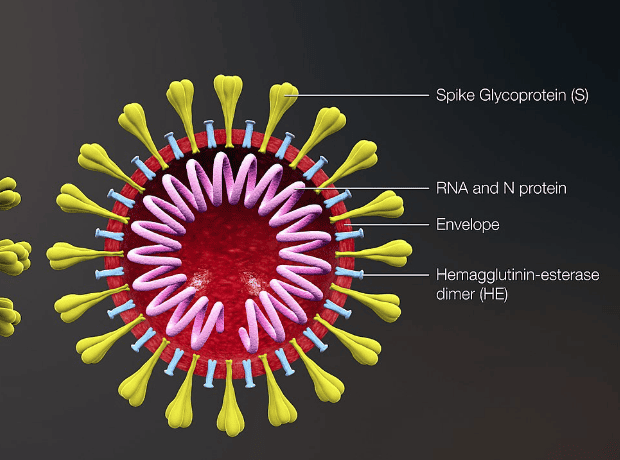Alarm bells are ringing again over the impact of the COVID-19 pandemic on cancer care in the UK, after Cancer Research UK unveiled new data showing a steep rise in the number of people waiting for diagnostic tests, and a study published in The Lancet warned that thousands may lose their lives because of the growing bottleneck.
According to the charity, at the end of May there were more than 180,000 people in England waiting for an endoscopy, marking a rise of 44% over the same time last year. Of these, 66% have been waiting six weeks or longer for testing.
The data also show that, compared to last year: 51% more people are waiting for colonoscopies and 46% more for flexi-sigmoidoscopies (used to detect bowel cancer); 44% more patients are waiting for gastroscopies (used to diagnose oesophageal and stomach cancer); and 23% more people are waiting for a cystoscopy (used for bladder cancer diagnosis).
CR UK said it is particularly concerned about these cancer types because endoscopies ‘are proving particularly challenging to get back on track’, as they are more invasive and need more stringent infection control measures.
However, the findings indicate that there are significant issues across the cancer diagnosis spectrum, as around 2.3 million fewer tests that help detect the disease have taken place since lockdown compared to the same time last year.
From March 1 to May 30 there was a 46% drop in numbers for seven tests that are commonly used to help spot the disease, including MRI scans, CT scans and ultrasound, as well as endoscopies, the charity revealed.
“We’re over the peak of the pandemic now, so it’s worrying there is an increasing number of patients whose lives are on pause while they wait for tests that could impact their chances of survival,” said Michelle Mitchell, CR UK’s chief executive.
“It’s crucial the government works closely with the NHS to ensure it has the staff and equipment it needs to get services back on track before this situation gets even worse. But part of the reason the number of tests has reduced so dramatically is that people are delaying seeking help if they are worried about symptoms. So it’s more important than ever that anyone who is concerned about a change to their body speaks to their GP as soon as possible.”
“Even in ‘peace-time’ diagnostic testing was stretched to the limit, so the NHS faces a massive challenge to fast-track the millions of people waiting to find out if they have cancer,” added Professor Charles Swanton, CR UK’s chief clinician.
“An essential part of this is frequent COVID-19 testing of NHS staff and patients, including those without symptoms, so that vulnerable patients aren’t put at risk of contracting the virus and aren’t nervous about going to hospital. We need a clear and detailed plan in place to ensure increased capacity to diagnose cancer across the country to avoid further delays.”
ICR study highlights toll on survival
Meanwhile, The Lancet published a study showing that delays in patients presenting and being referred with suspected cancer by their GP, and resulting bottlenecks in diagnostic services, are likely to have had ‘a significant adverse effect on cancer survival’.
Scientists at The Institute of Cancer Research, London, used 10-year cancer survival estimates for England for 20 common tumour types to create estimate the impact of reduced patient referrals through urgent GP pathways linked to the COVID-19 pandemic.
Researchers estimated that across all 20 cancer types, a uniform per-patient delay of one month in diagnosis just via the urgent referral pathway would result in 1,412 lives lost and 25,812 life-years lost if these disruptions lasted a full year, while a six-month delay would result in 9,280 lives and 173,540 life-years lost.
“It’s vital that we do everything we can to ensure cancer patients are not left further behind by the disruptions to care caused by the COVID-19 pandemic,” noted study lead Professor Clare Turnbull, Professor of Cancer Genomics at The Institute of Cancer Research, London.
“That means ramping up capacity as quickly as possible to allow cancer diagnostic services to clear the backlog.”










